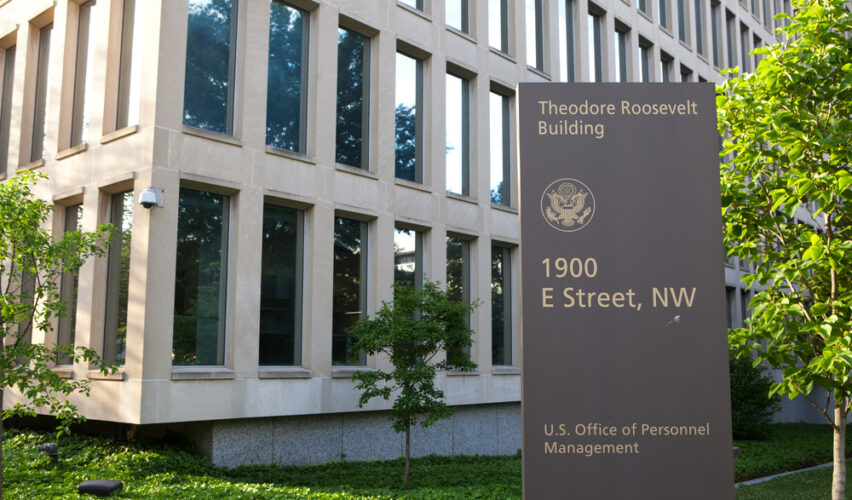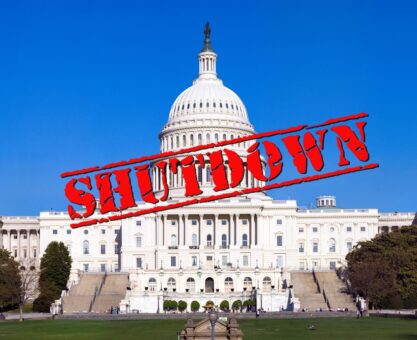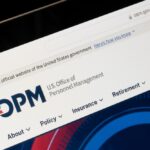The Merit Hiring Plan, issued by the Office of Personnel Management (OPM) on May 29, 2025, under Executive Order 14170, aims to overhaul federal hiring by prioritizing merit and eliminating diversity, equity, and inclusion (DEI) considerations. The plan, detailed in a 30-page OPM memorandum, responds to a White House directive and incorporates elements of the bipartisan Chance to Compete Act. It seeks to reduce hiring times to under 80 days, streamline processes, and align hires with the administration’s priorities.
Key Points of the Merit Hiring Plan
The memorandum emphasizes merit-based hiring, stating, “Agencies shall hire based on merit, with no consideration of race, sex, ethnicity, or national origin.” It eliminates self-assessments, replacing them with skills-based evaluations like interviews or tests, and limits resumes to two pages. For GS-5 or higher roles, candidates must submit four short essays (200 words or less) addressing their commitment to the Constitution, job duties, alignment with the President’s priorities, and relevant skills. The memo specifies, “Applicants will be asked to identify specific executive orders or other initiatives issued by the President and explain how they would advance those priorities in the role.”
The plan prohibits DEI data collection, noting, “Agencies are prohibited from collecting, maintaining, or disseminating workforce demographic data for use in hiring, recruitment, or promotion decisions.” It also revokes prior DEI-related executive orders, including Executive Order 11246, effective April 21, 2025, for federal contractors.
Recruitment efforts are to target diverse sources like state universities, religious colleges, and veterans’ groups to broaden applicant pools. OPM will establish a talent team to monitor compliance, with the memo stating, “Agencies shall take disciplinary action against any hiring official found to have engaged in unlawful race-preferential discrimination.”
The plan aligns with a hiring freeze (extended to July 15, 2025) and a workforce reduction policy limiting hires to one for every four departures, except in public safety, immigration, or national security roles. It supports the administration’s efficiency initiatives, including eliminating remote work agreements.
Opposition and Criticism
Critics, including federal unions, lawmakers, and political scientists, argue the Merit Hiring Plan politicizes the civil service. Stanford’s Adam Bonica called it a “loyalty test,” warning it prioritizes partisan alignment over merit. Don Kettl, a public policy expert, noted that subjective criteria like “dedication to American ideals” risk discrimination, undermining merit-based standards. Opponents also connect the plan to broader efforts, such as reviving Schedule F (rebranded as Schedule Policy/Career), which strips protections from policy-related positions, and the “Fork in the Road” memo, offering deferred resignations.


























